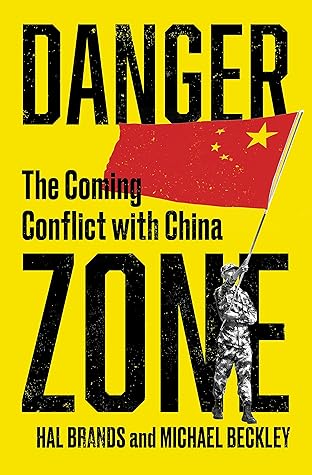The Soviet Union, China’s nominal ally, was menacing Beijing as a rancorous split between the Communist powers led to border clashes and the specter of nuclear war. “The Soviet revisionists,” the marshals concluded, had become more hostile than “the U.S. imperialists.”2 Over the next three years, Mao quietly explored a marriage of convenience with Washington to contain the common Soviet foe. When Richard Nixon made his dramatic visit to China in 1972, he declared, “This was the week that changed the world.”
Welcome back. Just a moment while we sign you in to your Goodreads account.


